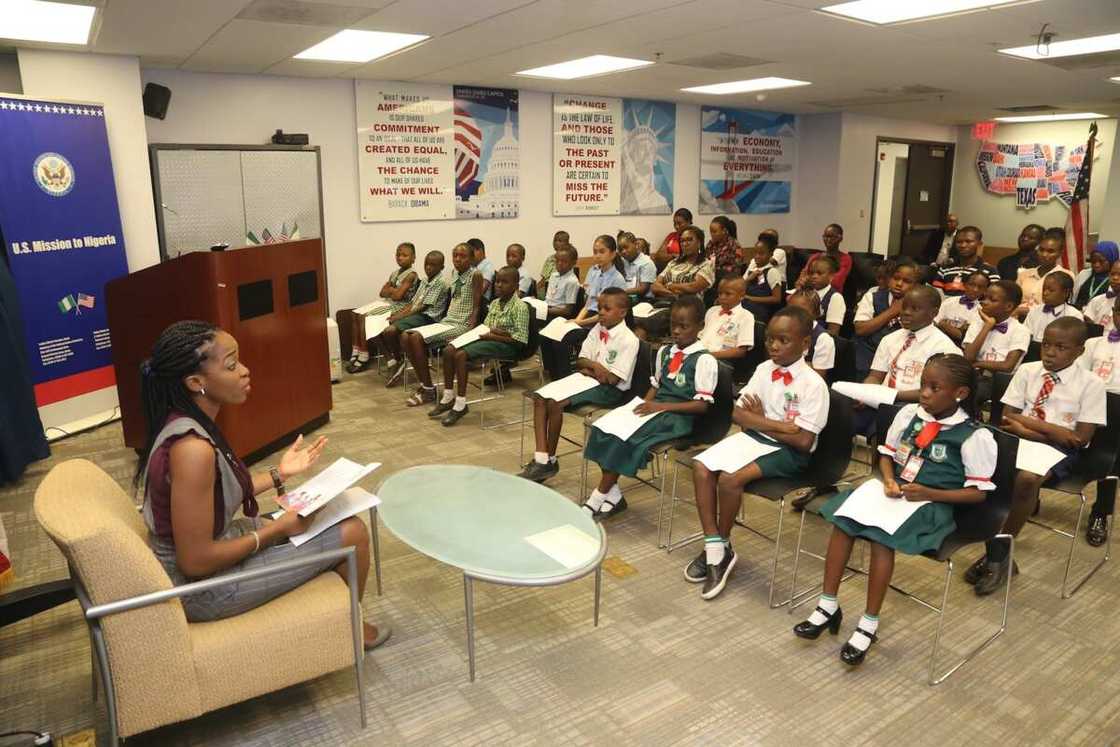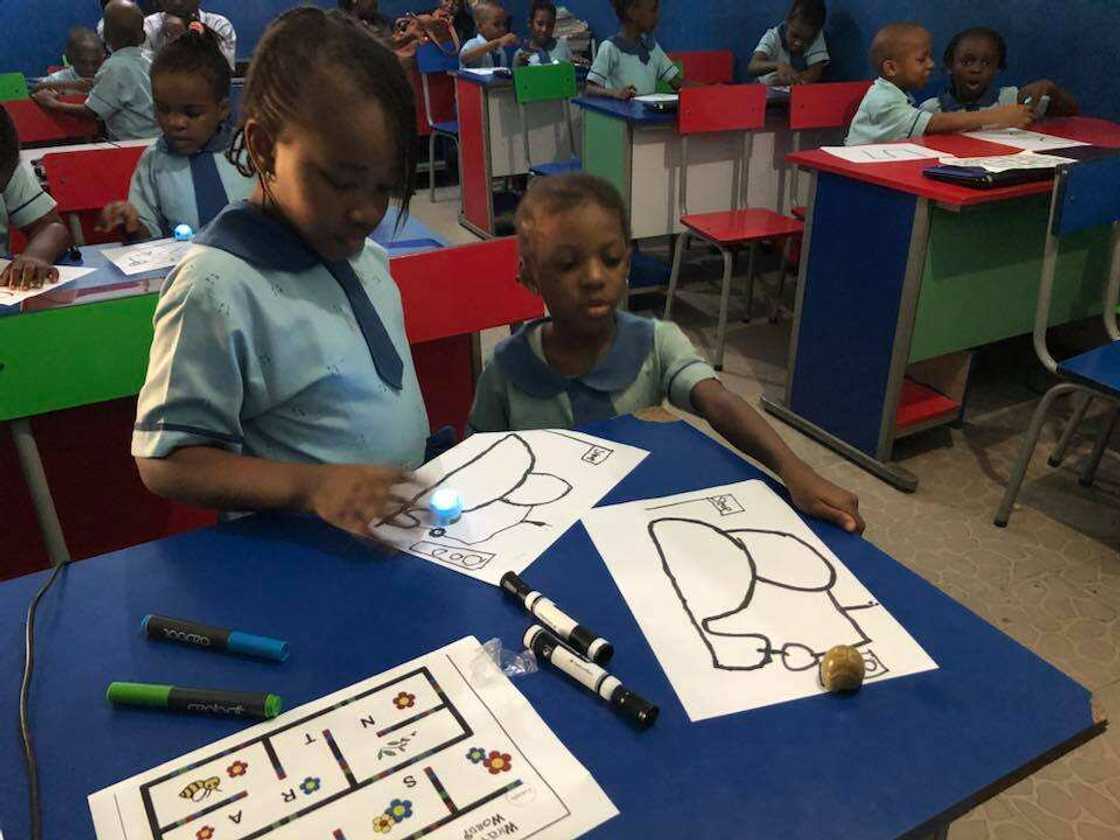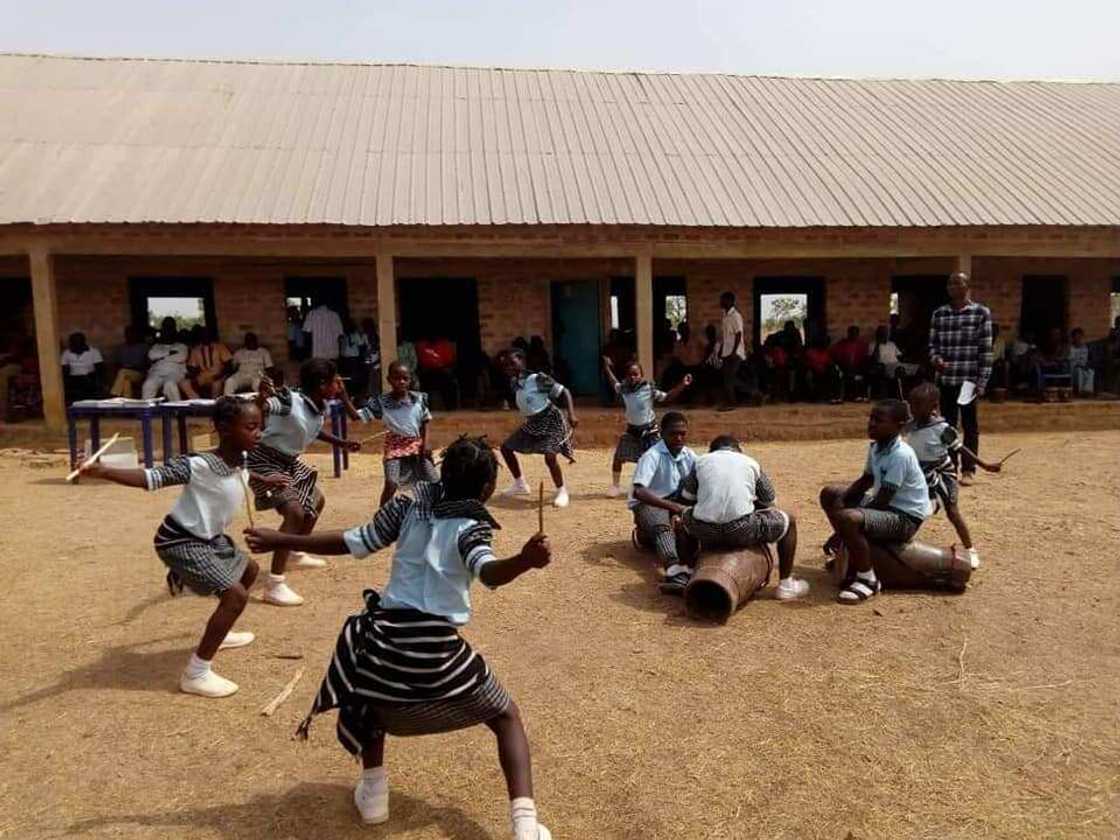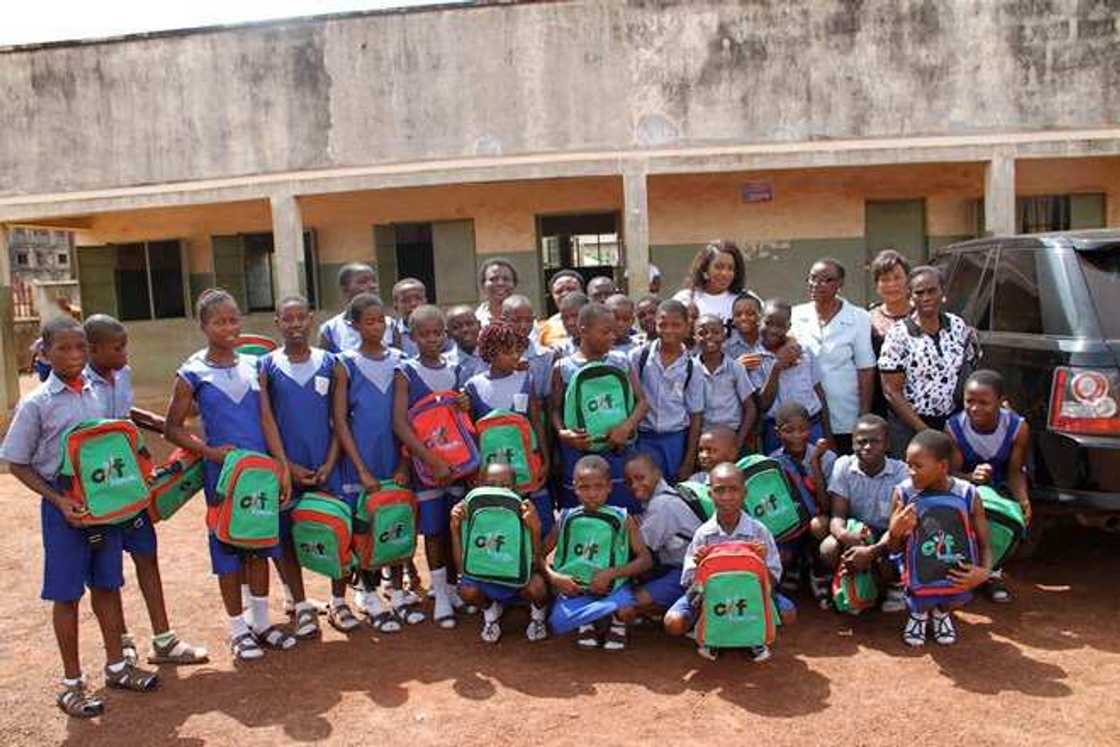Scheme of work for nursery and primary school in Nigeria
Modern societies have shown a serious concern for their children's education for various reasons. Therefore, it is common to find that governments have a uniform and elaborate curriculum that guides the education sector within their countries. For learners, teachers and parents, knowing the scheme of work would help them to understand what the curriculum is about.

Source: Facebook
Nigeria has knowledge and skills-based curriculum that is beneficial to learners at all levels. Here is a look at what is covered at the nursery and primary school levels in Nigeria.
What is scheme of work?
This is a guideline of the content and structure of classroom learning and activities. It contains the list of resources, class activities, and assessment strategies.
Specialists design the curriculum following the age and abilities of the students. The teacher's primary duties are to provide quality education for all the topics in the scheme of work for nursery and primary school. However, the topics of the curriculum can vary depending on the nursery or primary school.
Scheme of work for nursery school in Nigeria
Early education at the pre-primary level provides adequate care and supervision for the children while their parents work. This is one of the most crucial levels of the curriculum.

Source: Facebook
Some of the functions of the pre-primary school are:
- To provide a smooth transition from the home to the school.
- To prepare the child for the primary level of education.
- To provide adequate care and supervision for the children while their parents are at work.
- To teach the rudiments of numbers, letters, colours, shapes forms, and inculcate social norms.
- To instil in the child the spirit of enquiry and creativity through the exploration of nature, and the local environment, playing with toys, artistic, and musical activities.
In the scheme of work for the pre-primary classes, subjects are categorised into five age cohorts of learning. These age groups include:
- Playgroup class 2 - 3 years
- Preparatory class 3 - 4 years
- Nursery I class 4 - 5 years
- Nursery II class 5 - 6 years
Different subjects are distributed across the above levels to ensure that the children are well introduced to the curriculum.
1. Playgroup class (2 - 3 years)
Here is the list of subjects to be taken
- Affective/Psycho-Social Development
- Food and Nutrition - Breastfeeding and Complementary Feeding
- Safety Measure
- Water and Environmental Sanitation
2. Pre-nursery schemes of work in Nigeria
The list of subjects taught at this level are as follows.
- Basic Science
- Bible Club
- Creative Art and Craft
- Grace and Courtesy
- Handwriting
- Language Art
- Number Concept
- Physical and Health Education
- Practical Life
- Seasonal Creativity
- Song and Rhymes
- Story
3. Nursery I class schemes of work
The subjects taught at these level are as follows.

Source: Facebook
- CRK
- Discovery
- English
- Handwriting
- Language Art
- Number Work
- Physical and Health Education
- Practical Life
- Science
- Song and Rhymes
- Story
- TPD
- Mathematics
4. Nursery II schemes of work
Here are the subjects taught at this level.
- Creative Art
- English
- Handwriting
- Language Art
- Mathematics
- CRS
- Number Concept
- Physical Education
- Practical Life
- Pre-Science
- Science
- Sensorial Activity
- Social Skills
- Songs and Rhymes
- Story
- TPD
5. Nursery 3 or Kindergarten schemes of work
The curriculum has subjects taught are shared among the three terms. This is how they are distributed.
a. First term topics
- Physical Development
- Emotional/Affective
- Cognitive
- Social Devt/Financial Literacy
- Creativity
b. Second term topics
- Mental Development
- Food and Nutrition
- Citizenship
- Exploration/Discovery
- Financial Literacy
- Water and Sanitation
c. Third term topics
The third term scheme of work for nursery 2 in Nigeria has the topics below.
- Health
- Exploration/Discovery
- Safety
- Child Protection
- Issues
Scheme of work for primary school in Nigeria
The primary school syllabus in Nigeria is divided into two sections. Therefore the scheme of work for primary school is as follows.

Source: Facebook
1. Lower Basic Education curriculum structure (Primary 1-3)
Below are the subjects taught at this level.
- English Studies
- One Major Nigeria Language (Hausa, Igbo, or Yoruba)
- Mathematics
- Cultural & Creative Arts (CCA)
- Arabic Language (optional)
- Basic Science & Technology
- Religion and National Values
2. Middle Basic Education curriculum structure (Primary 4-6)
Below are the subjects taught at this level.
- English Studies
- One Major (Hausa, Igbo or Yoruba)
- Mathematics
- Basic Science and Technology
- Religion and National Values
- Pre-Vocational Studies
- Cultural & Creative Arts (CCA)
- French Language
- Arabic Language (optional)
This is all you need to know about the scheme of work for nursery and primary school in Nigeria. Most teachers would plan these activities out according to the curriculum requirements. You can also download scheme of work for nursery school in Nigeria PDF on different platforms.
READ ALSO: JAMB 2021: How to check and print your exam results at home
Legit.ng recently published an article on how to check and print your exam results at home. The Joint Admissions and Matriculations Board is a Nigerian entrance examination board for tertiary-level institutions.
The board conducts the entrance Unified Tertiary Matriculation Examination for prospective undergraduates into Nigerian universities. If you are an examinee who wishes to know how to check and print your exam results, look no more. You will also get to learn more about how to register and sit for the 2021 Unified Tertiary Matriculation Exam (UTME).
Source: Legit.ng


